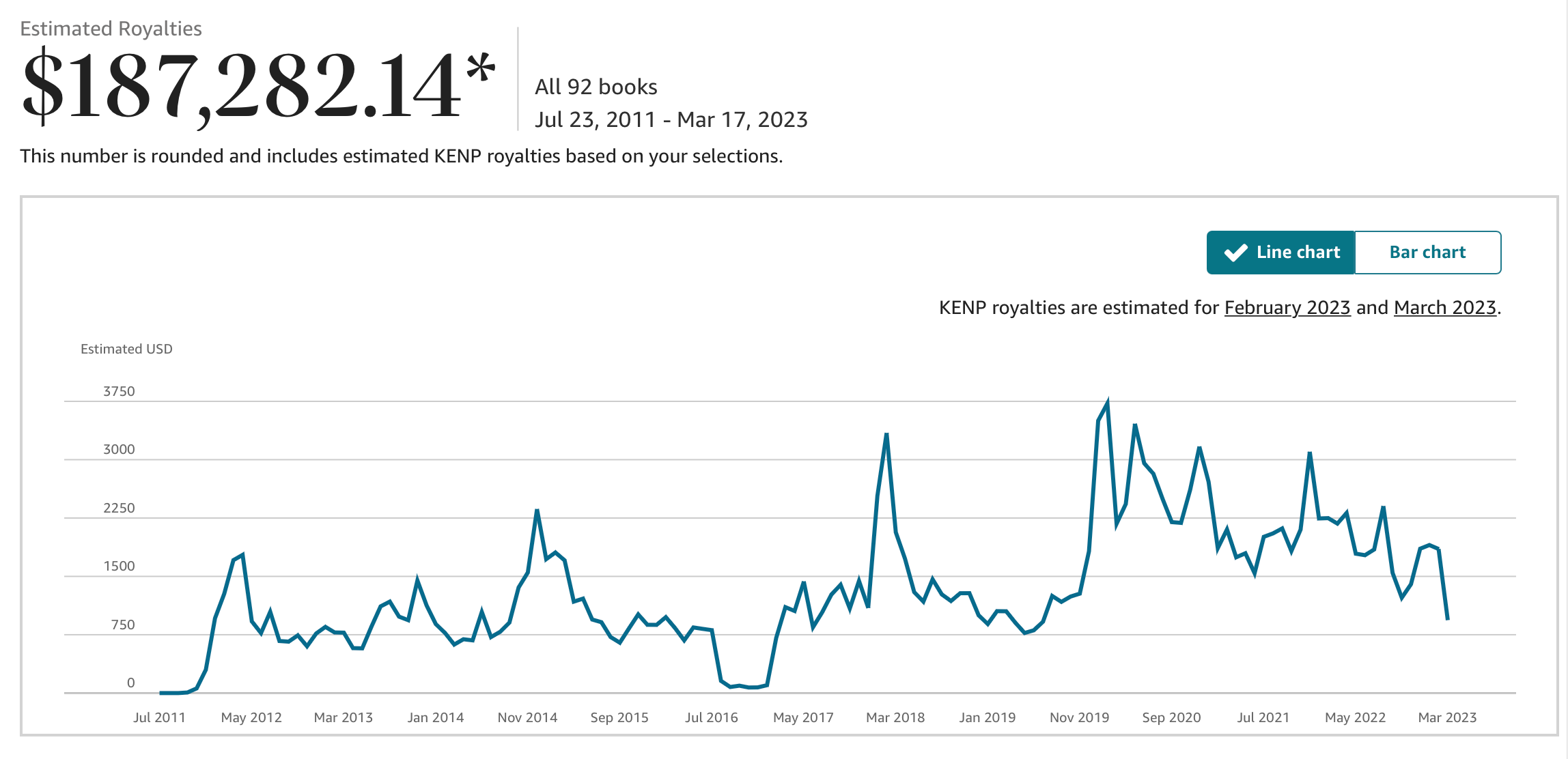What if? What if I lose my job? What if I’m unsuccessful? What if my marriage fails? Do any of these debilitating questions sound familiar to you? As someone who suffers from anxiety, I can tell you that you’re not alone.
Worry is part of human nature. But excessive worrying is not preparation. Worrying about things that are too far in the future to predict with any accuracy, doesn’t have any real cognitive benefits.
I recently stumbled across a fascinating study by Penn State researchers Lucas LaFreniere and Michelle Newman, who ran an experiment with 29 people diagnosed with generalized anxiety disorder, to see, over a period of time, how many of their worries actually came true.
Over a ten-day period, participants were sent text messages four times a day, asking them to record their worries from the past few hours, ensuring as many worries were captured as possible. For the next twenty days, participants were asked to review their full list of worries, to see which of them had come to pass.
The researchers focused on worries that could be tested within the thirty-day period, for example, “I’ll fail my exams” as opposed to “I’ll develop a terminal illness sometime in the future”.
The results of this study are fascinating, although, as someone with anxiety I can feel my brain fighting to reject them.
The Primary Results Revealed That 91.4% of Worry Predictions Did Not Come True
So, amazingly, based on this study only 8.6% of the things you are worrying about will come true.
The study also found that higher percentages of untrue worries significantly predicted lower anxiety symptoms after treatment — meaning the more a participant accepted that their worries weren’t coming true, the more their anxiety decreased.
So What Does This Mean?
You have to remember that this is a small study. But the results certainly support the long-held belief of psychologists, that people suffering from generalized anxiety disorder have inaccurate expectations, and that by challenging them with objective evidence anxiety levels can decrease.
According to Newman: “By proving to them that their feared outcome didn’t happen as often as they thought, and that when it did, the outcome was better than they expected, we could help them see that worrying isn’t helpful”.
This study makes it clear to me just how deceitful worry can be. A phantom voice, demanding we pay obsessive attention to it, to deal with an immediate threat. But in reality, 9 times out of 10, the threat isn’t real.
What Could You Do About This?
From personal experience, I know that when people have tried to help me break a period of ruminating worry, a rational approach is not always the most effective remedy when I’m in such an emotionally heightened state.
But I accept that ultimately, I alone am responsible for controlling my mind. Gaining this perspective is difficult, but if this is another tool that helps me shift my focus, I’m certainly game.
As my next step, I’m going to try replicating this study to test out how often my worries become real.
For now, it’s reasonable to conclude that tracking your worries could be an effective way to discover their accuracy, and diminish the distress that comes from obsessive worrying. This is a welcome finding, as much as my brain struggles to accept it.
I’m reminded of a quote by French philosopher Michel de Montaigne “my life has been filled with terrible misfortune, most of which never happend”
500 years on I’m trying hard not to be that guy.





